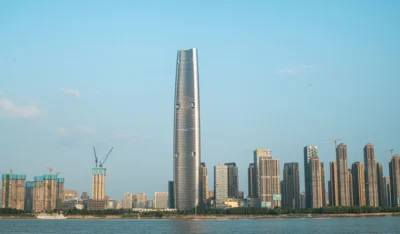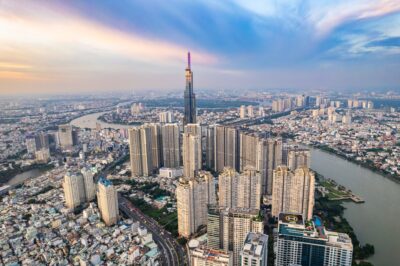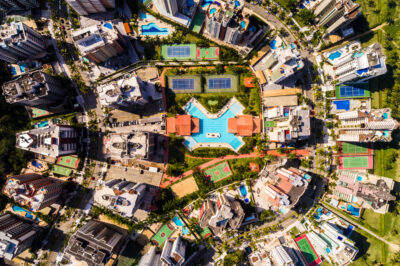Waste management and climate resilience, key to Indonesia’s green economy
Policymakers can use the pandemic to bolster Indonesia’s shift towards a greener economy

Rofi Alhanif, assistant deputy of waste and sewage management at the Coordinating Ministry for Maritime Affairs and Investment, told Antara that “The garbage management has been directed at (green economy). There has been a paradigm shift in waste treatment, as plastic waste is now an issue.”
This is in reference to the country’s government urging the implementation of its waste management initiatives.
Data collected by the National Plastic Action Partnership revealed that Indonesia produces 6.8 million tonnes of plastic annually. Ten percent of which ends up in the sea. If left unresolved, the sea will be brimming with at least 780,000 tonnes of plastic waste by 2025.
It is possible to successfully implement the roadmap to Indonesia’s sustainable green economy through strong political commitment and the adoption of harmonised environmentally responsive policies.
According to East Asia Forum, policymakers can use the pandemic to bolster Indonesia’s shift towards a greener economy, considering that there can be environmental degradation that can significantly damage the country’s economy.
The long-term goal of a sustainable green economy is to promote human well-being while also reducing environmental hazards. From a global standpoint, it will attract foreign investors looking into green investments and decarbonisation.
More: Indonesia uses green economy to create jobs
At COP 26 in Glasgow, Indonesian President Joko Widodo emphasised the Indonesian government’s strong commitment to climate resilience through nationally defined contributions. The country’s Low Carbon and Climate Resilience 2050 strategy reflects this commitment.
The new Law on Harmonisation Tax Regulations demonstrates the country’s strong political commitment to climate resilience. It establishes a carbon tax, which will take effect in April 2022. It also helps the transition to net-zero emissions by 2060, meeting Indonesia’s long-term carbon pricing strategy.
Ultimately, Indonesia should proceed with caution when it comes to their new environmental fiscal strategies, as this might, instead, cause a “green paradox.” This is an occurrence where their efforts induce accelerated fossil energy extraction and increased carbon emissions instead of making things better for the environment.
The Property Report editors wrote this article. For more information, email: [email protected].
Recommended
Malaysia property market rebounds with foreign interest and growth
The nation’s property market is stirring to life, fuelled by foreign buyers and major infrastructure drives
China’s renewable energy surge redefines housing norms and development
From exporting solar panels to building entire green-powered neighbourhoods, China’s renewable surge is redefining housing norms
Philippine real estate stays resilient amid political turmoil
The arrest of former President Rodrigo Duterte is a huge political plot twist. But the real estate sector in the Philippines is not (yet) flinching
Vietnam housing market poised for growth despite tariff challenges
With possible punitive US tariffs looming over the economy, Vietnam’s otherwise buoyant housing market has entered a cautious stage






